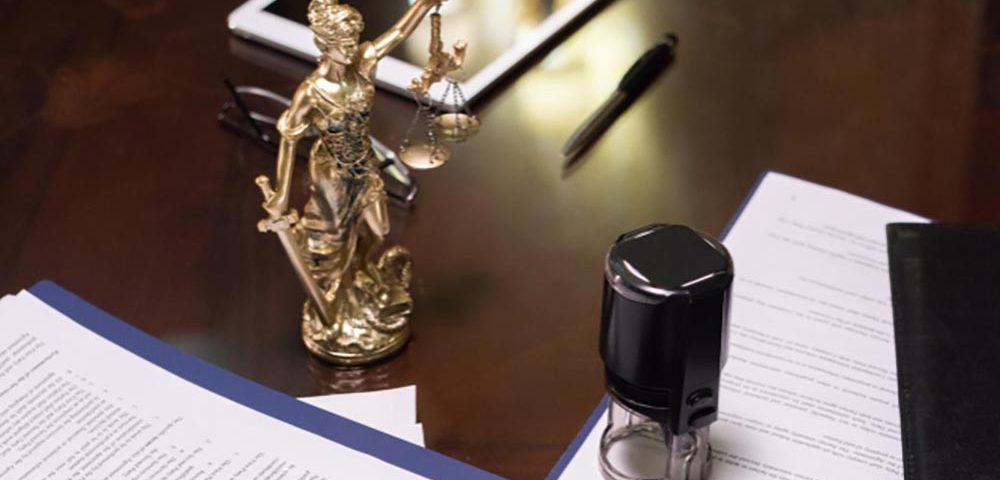
Turning a $250 Million Threat into a $5 Million Settlement – and a Profit for the Client
August 6, 2025
Jonathan Featured in Lawdragon’s Lawyer Limelight
October 7, 2025When Being “Technically Right” Isn’t Enough to Win

Not every trial ends in victory – and smart businesses know that sometimes the most valuable outcome is the lesson learned. This was one of those cases.
The Background
A Midwestern bank bought a portfolio of loans from the FDIC after the 2008 financial crisis. One loan, with a $14 million face value, still had over $13 million outstanding. When the developer requested the final $500,000 draw, the bank refused.
The developer sued.
The bank counterclaimed for repayment of the full $13.5 million, relying solely on the language in the loan documents.
The Critical Question
Before trial, Jonathan asked the bank’s general counsel a simple question:
“How much did you pay for this loan?”
Her answer?
“That’s irrelevant – and I’m not going to tell you.”
We warned her: a jury will care – a lot – if you bought this $13.5 million loan at a steep discount.
The Reality
Public records showed the bank had purchased the loan for about $600,000. That fact came out almost immediately at trial – and the jury reacted exactly as Jonathan had predicted.
The Verdict
It took the jury less than 30 minutes to rule for the plaintiff and against the bank’s counterclaim. The optics were fatal: the bank was trying to turn a $500,000 refusal into a $13 million windfall from a bankrupt borrower.
Even if the documents technically allowed it, it felt wrong to the jury.
The Lesson
Winning in court requires more than being legally right. It must also feel right in the eyes of the ordinary people who make up the jury.
Here, the client’s refusal to even consider a reasonable settlement – or the jury’s likely perception – turned what could have been a manageable resolution into a public, costly loss.
Why It Mattered
Business litigation isn’t just about statutes and contracts. It’s about credibility, optics, and fairness. This case is now a cautionary tale we share with clients: listen to your trial lawyers when they warn you about how a jury will see your case.
